NOV 27,(V7N) - Spanish traveler Alberto Blasco Ventas recently explored Ukraine’s war-torn regions, including the destroyed Irpin bridge, which Russian forces targeted in their failed attempt to seize Kyiv in 2022. The 23-year-old software engineer joined a "dark tourism" tour, part of a niche but growing industry allowing visitors to experience sites of tragic historical events.
Blasco Ventas documented his journey for his 115,000 YouTube followers, highlighting his first experience in a war zone despite initial fears and family concerns. He traveled via Moldova and an 18-hour train ride to Kyiv, the capital still under frequent missile and drone attacks.
War Tourism in Ukraine
Companies like War Tours and Capital Tours Kyiv are capitalizing on this trend, offering tours that cost between €150 and €250, with part of the proceeds supporting Ukraine’s military. The itineraries focus on Kyiv and its suburbs, such as Bucha and Irpin, which witnessed alleged massacres by Russian forces. Some tours extend closer to the active frontlines, costing up to €3,300 for multi-day excursions in southern Ukraine.
Dmytro Nykyforov, co-founder of War Tours, views the initiative as a way to memorialize the war rather than profit from it. Similarly, Svitozar Moiseiv of Capital Tours sees the tours as educational, likening them to a "vaccine" against future conflicts.
Tourists like American Nick Tan, 34, seek deeper experiences, venturing to cities like Kharkiv, which endures constant Russian bombardment. Tan described his desire to witness life in a war zone as an extension of his thrill-seeking lifestyle, which previously included skydiving and boxing. However, his enthusiasm contrasts with local residents, who live under the ongoing threat of airstrikes and view the situation as harrowing rather than adventurous.
Ethical Questions and Local Perspectives
While some locals, like Ruslan Savchuk, acknowledge the economic benefits of tourism, others, including Mykhailyna Skoryk-Shkarivska, express unease, labeling such profits "blood money." Skoryk-Shkarivska noted that residents often question why outsiders are interested in witnessing their suffering.
Mariana Oleskiv, head of Ukraine's National Agency for Tourism Development, admitted the ethical complexities of war tourism but highlighted its potential for growth. Her agency is developing training programs for guides and preparing post-war tourism collaborations with platforms like Airbnb and TripAdvisor.
Despite the ongoing war, Ukraine recorded 4 million foreign visitors last year, double the number in 2022, primarily driven by business travelers. Domestic tourism has also surged, fueled by Ukrainian men restricted from leaving the country under martial law. With post-war recovery in mind, officials aim to use the increased global attention on Ukraine to strengthen its tourism brand.
"War brought attention to Ukraine," said Oleskiv, "so we have a stronger brand. Everybody knows about our country."
END/WD/RH/



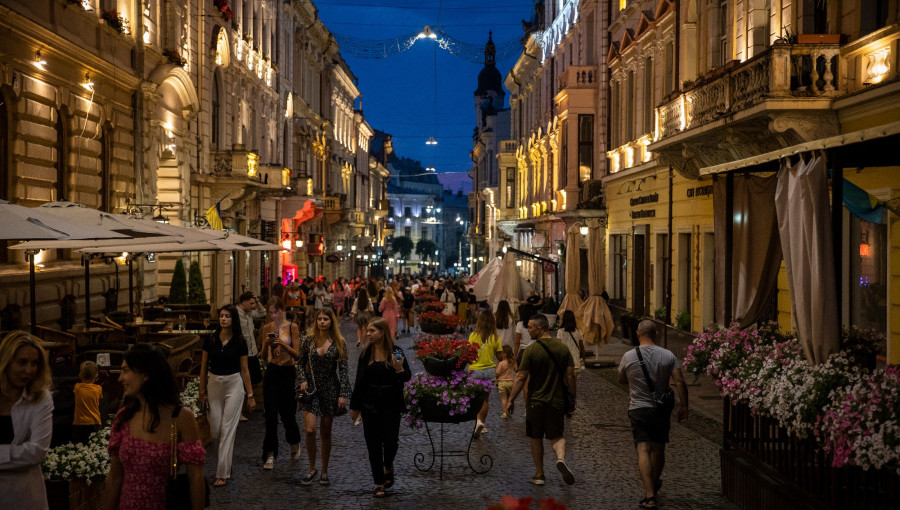

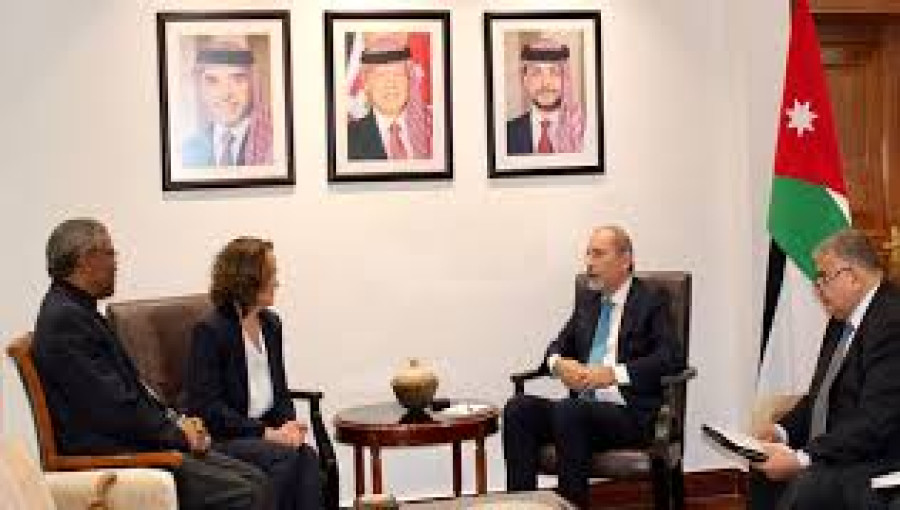
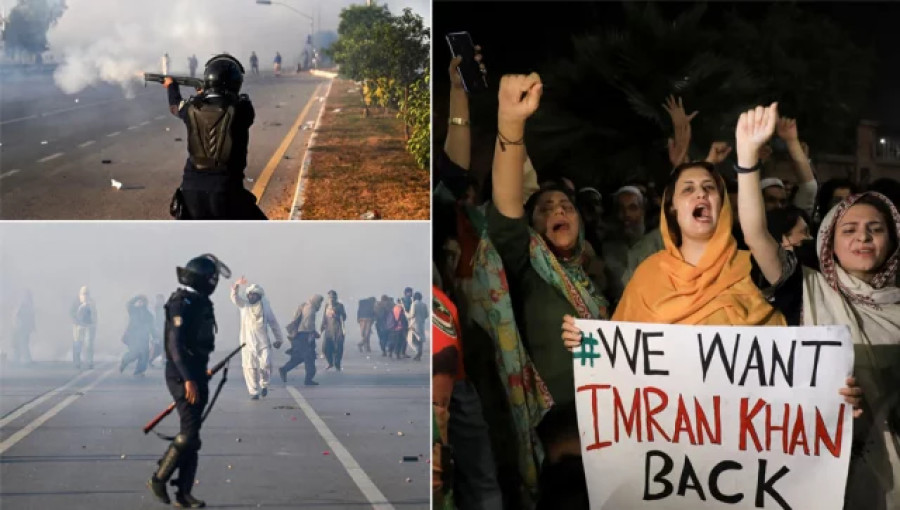

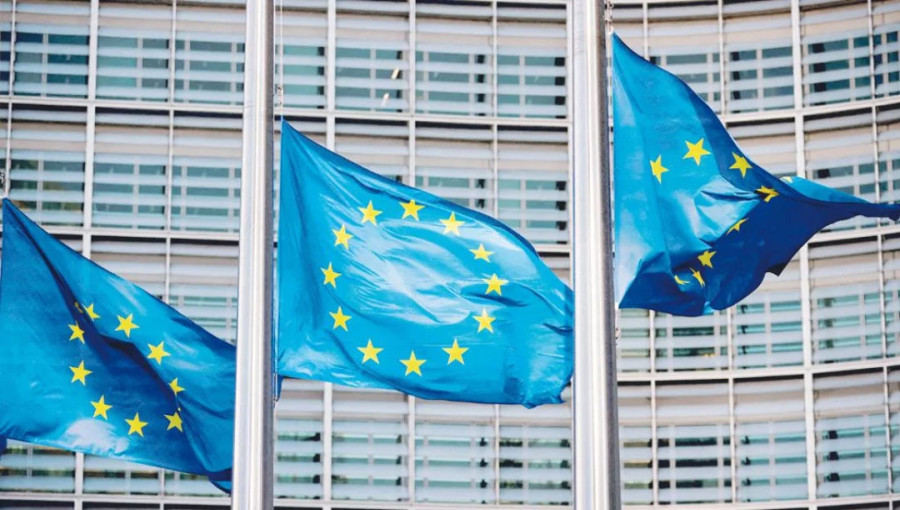
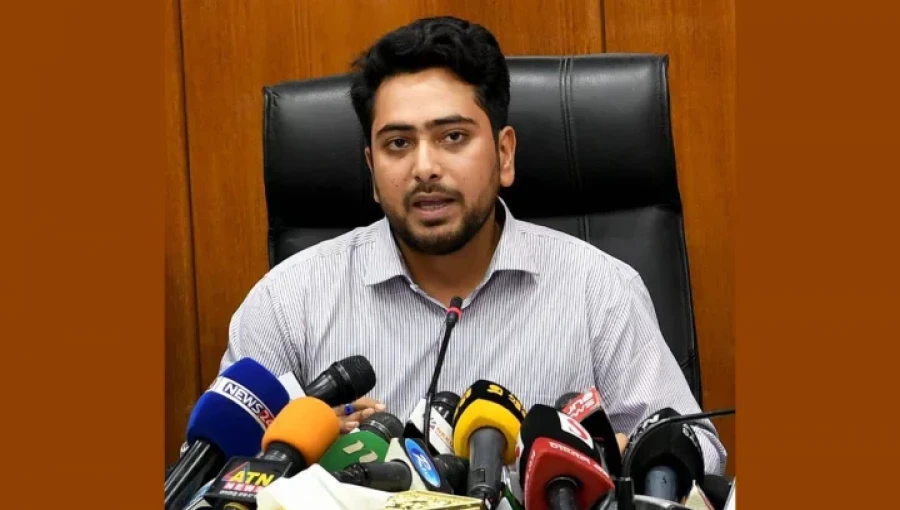
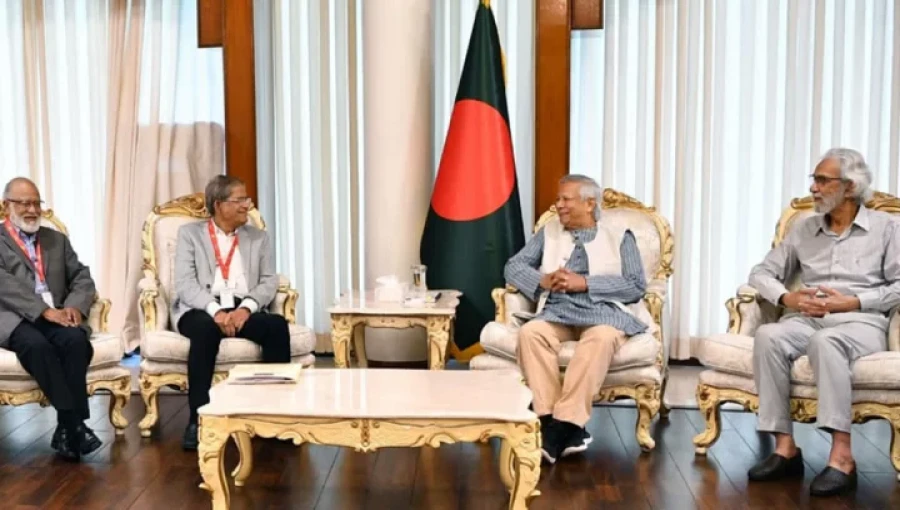
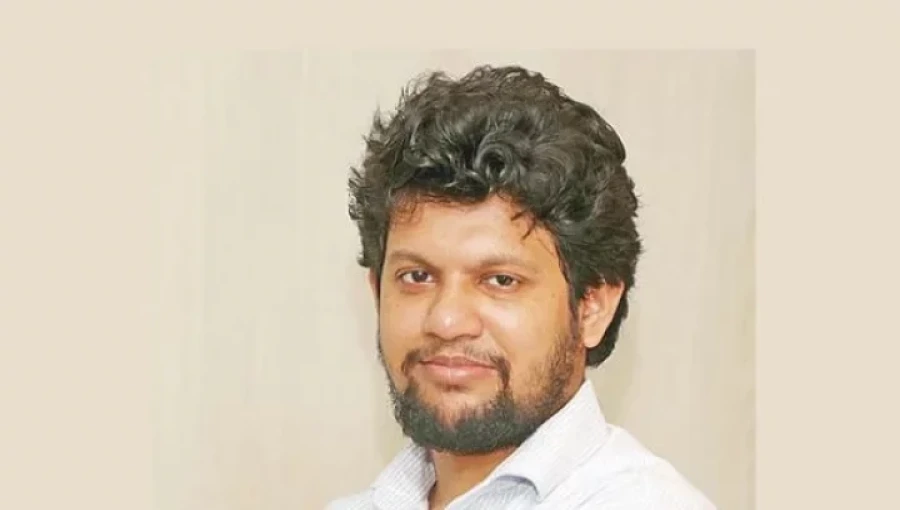
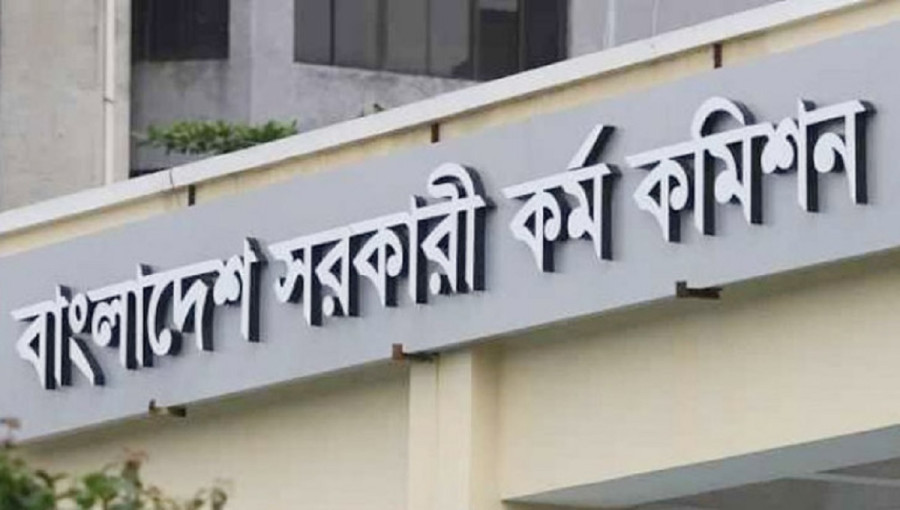
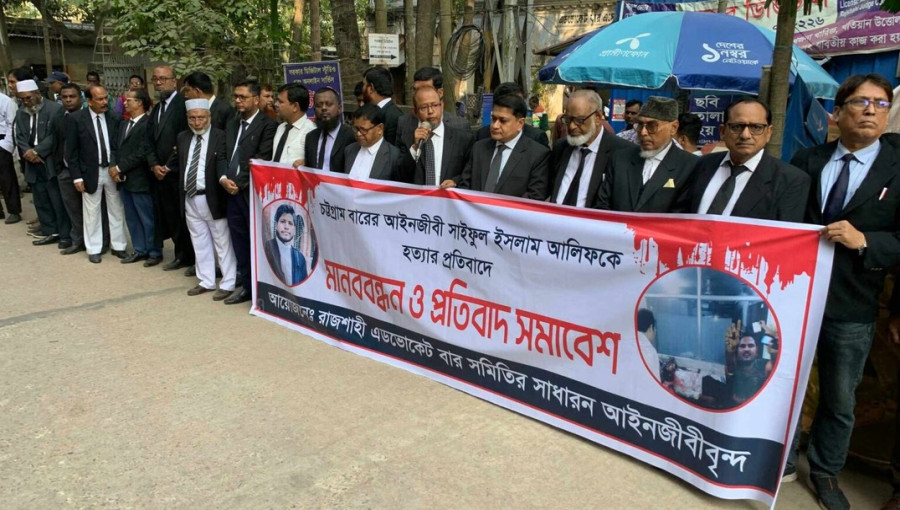
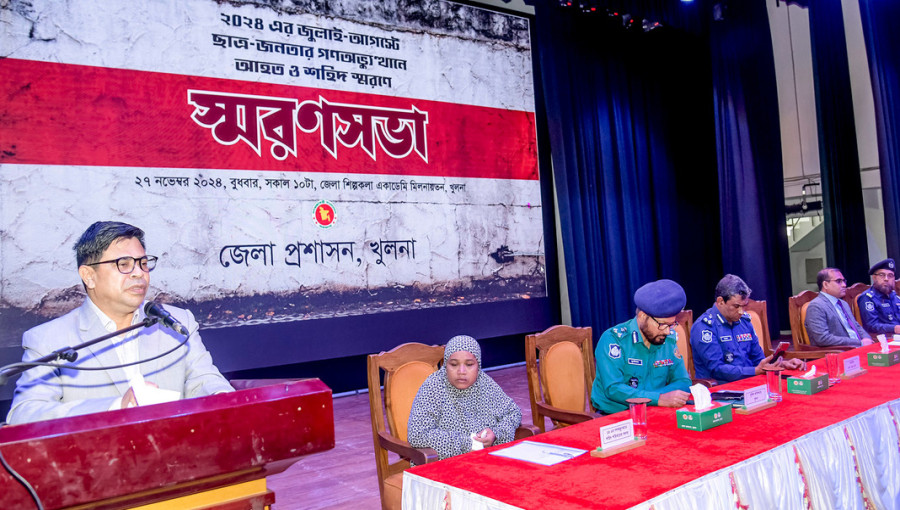
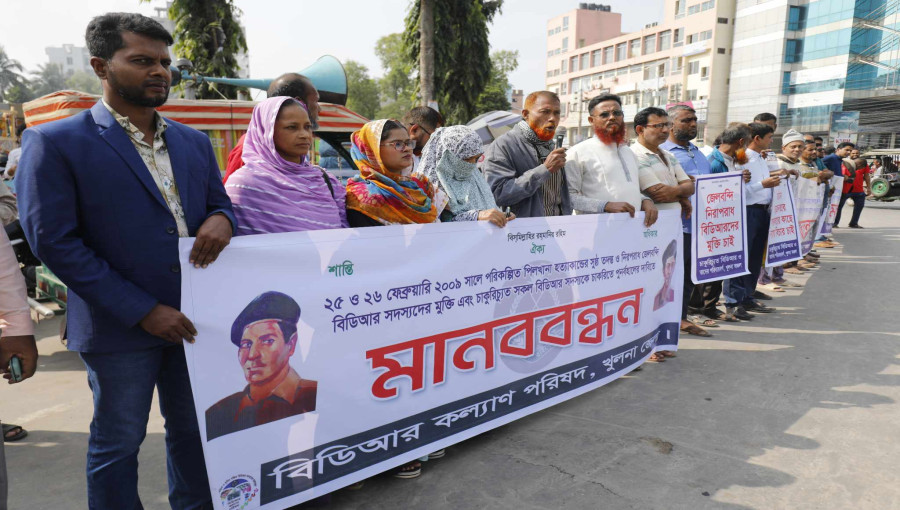
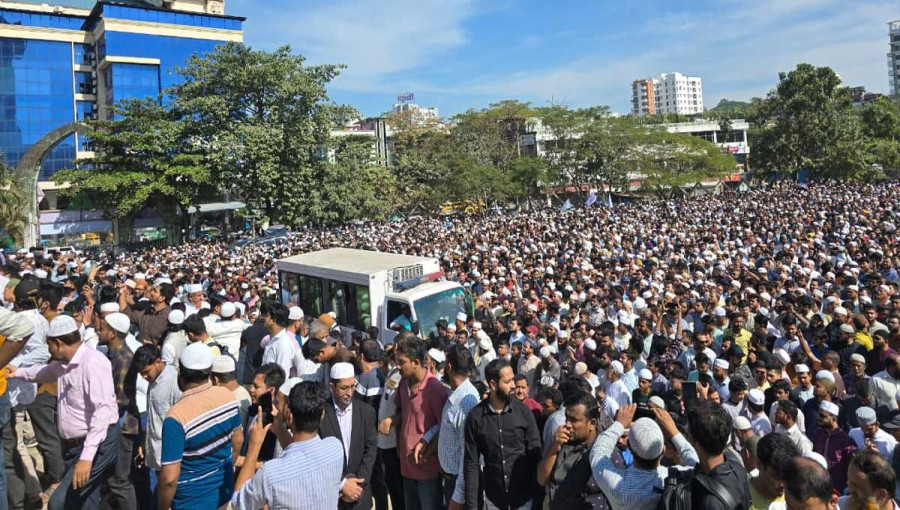
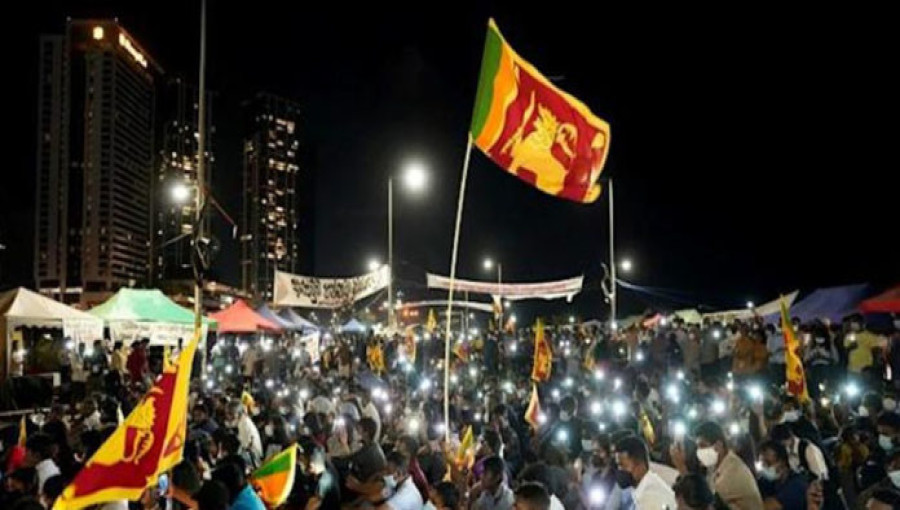


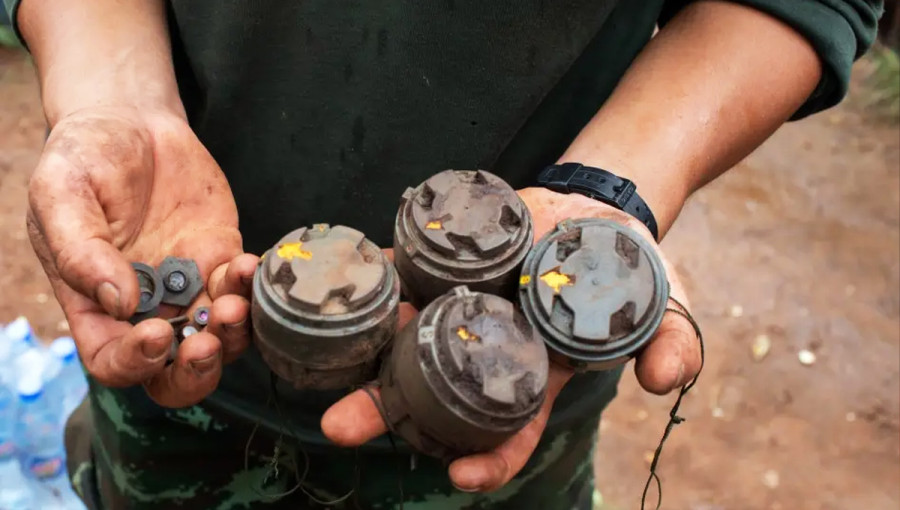
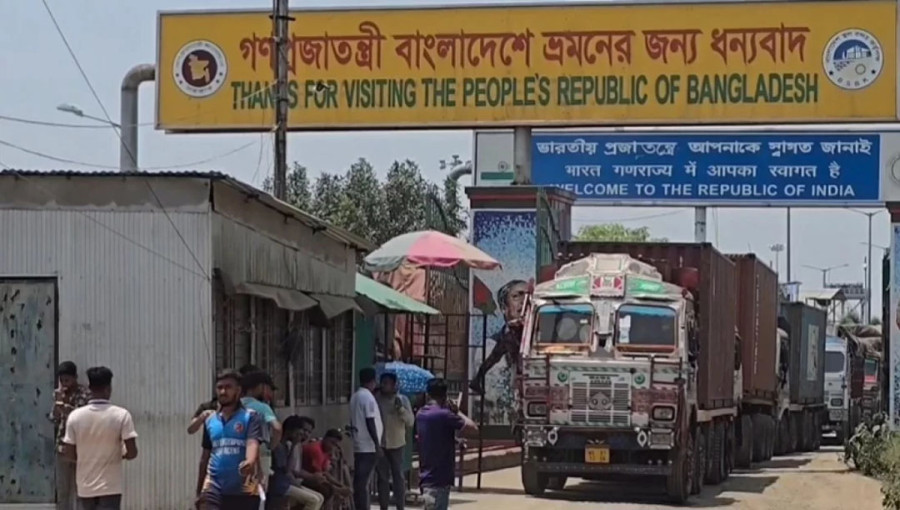
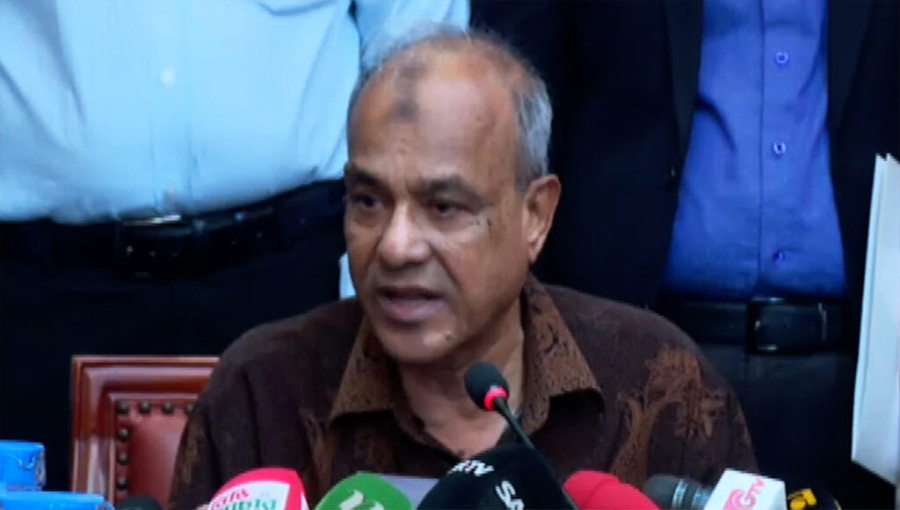



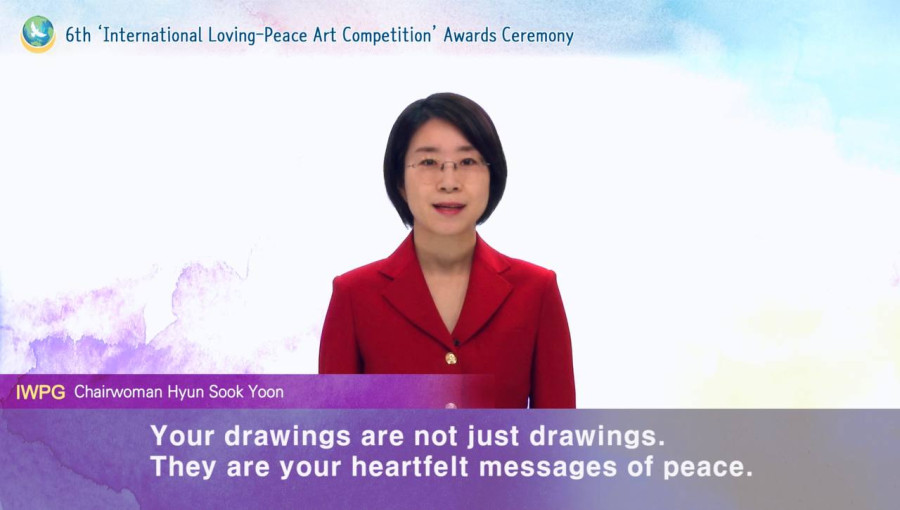
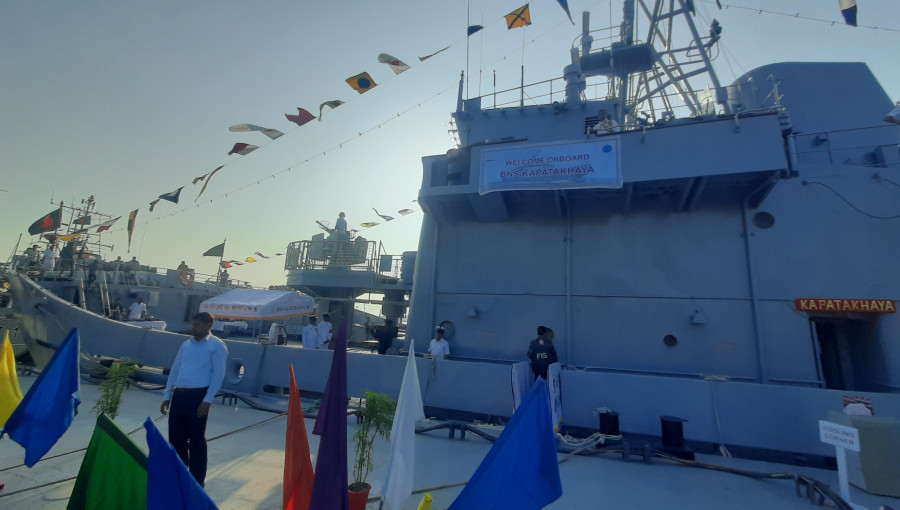
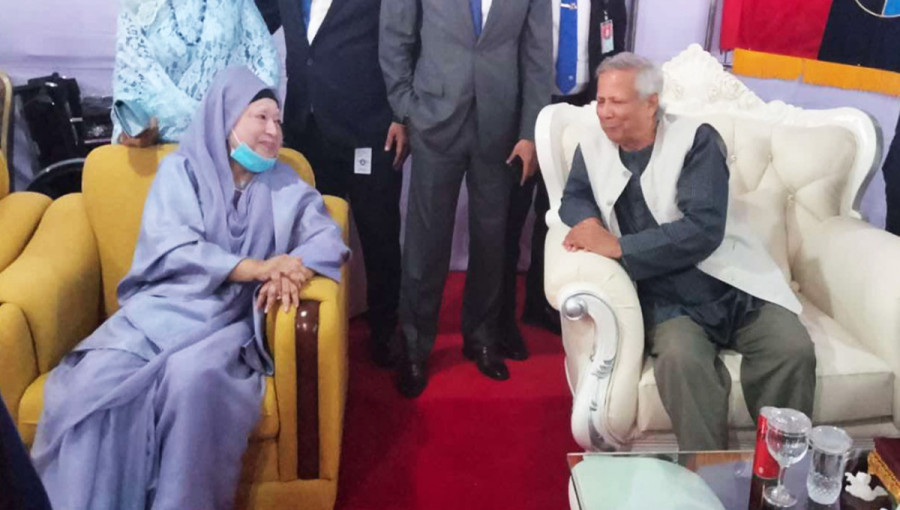
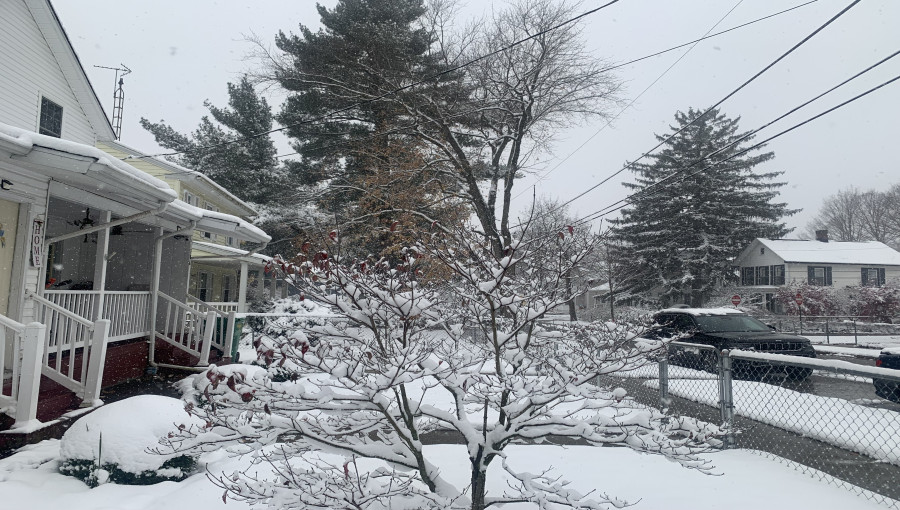
Comment: